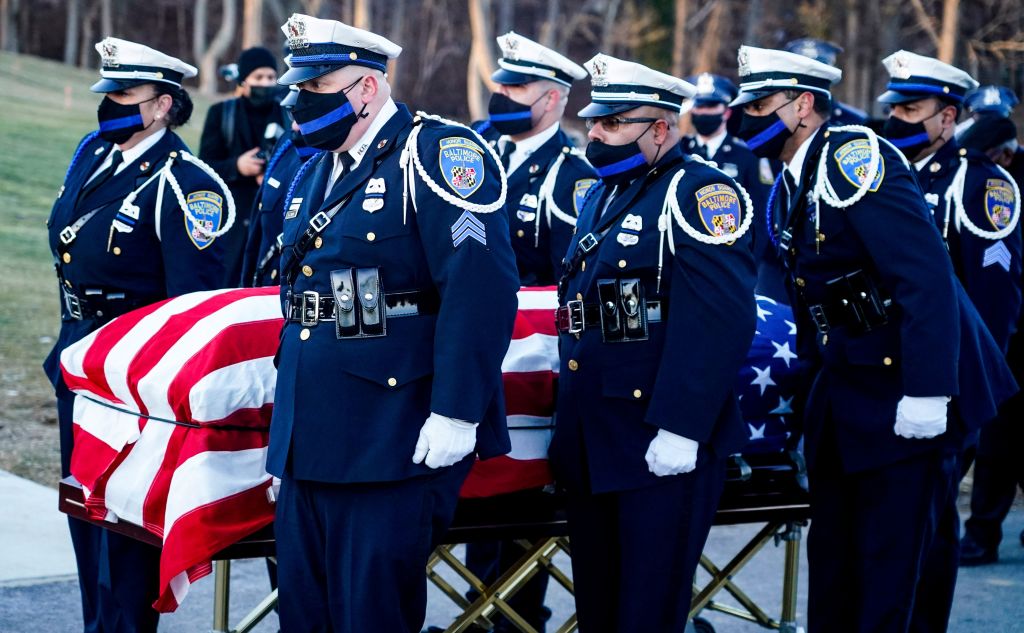BALTIMORE (WJZ) — A bill named in honor of fallen Baltimore Police Officer Keona Holley will make it so that the children of slain officers will receive a college scholarship.
The bill has undergone several changes.
READ MORE: Up To $8K Reward Offered For Tips In Baltimore Teen’s Murder
The Officer Keona Holley Public Safety Act was originally written to make it so that anyone who conspired to kill a police officer or kills an officer will not get parole.
But new changes have dramatically shifted its aim.
The Maryland State Senate revised it on Tuesday so that it helps the children of fallen first responders.
State Sen. Bob Cassilly (R-Harford) says the vote to approve the language changes came as a major shock.
“In a time where we’re facing a shortage of police officers and rising violent crime, we’re telling children of law enforcement officers “hey, we’re not going to stand behind mom and dad but don’t worry they get killed you get free college tuition,” Cassilly said.
Cassilly sponsored the bill and said it was intended to deter criminals from targeting officers.
READ MORE: Baltimore Man, 24, Charged In Dolphin Street Shooting, Police Say
State Sen. Jill Carter (D-Baltimore) says the parole language was unnecessary.
“What this bill does is it creates a stand-alone new offense and it also fosters the concept of elite citizenry for law enforcement based on profession,” Carter said. “Any murder is heinous no matter who the victim . . . . We have, I think, a responsibility to do all we can for the surviving members of her family.”
Keona Holley was shot and killed in Curtis Bay while on duty in December.
Her killers now sit behind bars without bail.
 “I think it’s a big slap in the face for the family and I disagree with that,” neighbor Sharon Cottrell said.
“I think it’s a big slap in the face for the family and I disagree with that,” neighbor Sharon Cottrell said.
Cotterell says the bill’s altered language sends the wrong message.
“It’s basically telling people out here to go ahead and shoot up a cop because I’m going to have parole so it doesn’t matter,” Cottrell said.
MORE NEWS: Try, Try Again To Free The Ever Forward In Chesapeake Bay
The bill will now go to the House for approval.